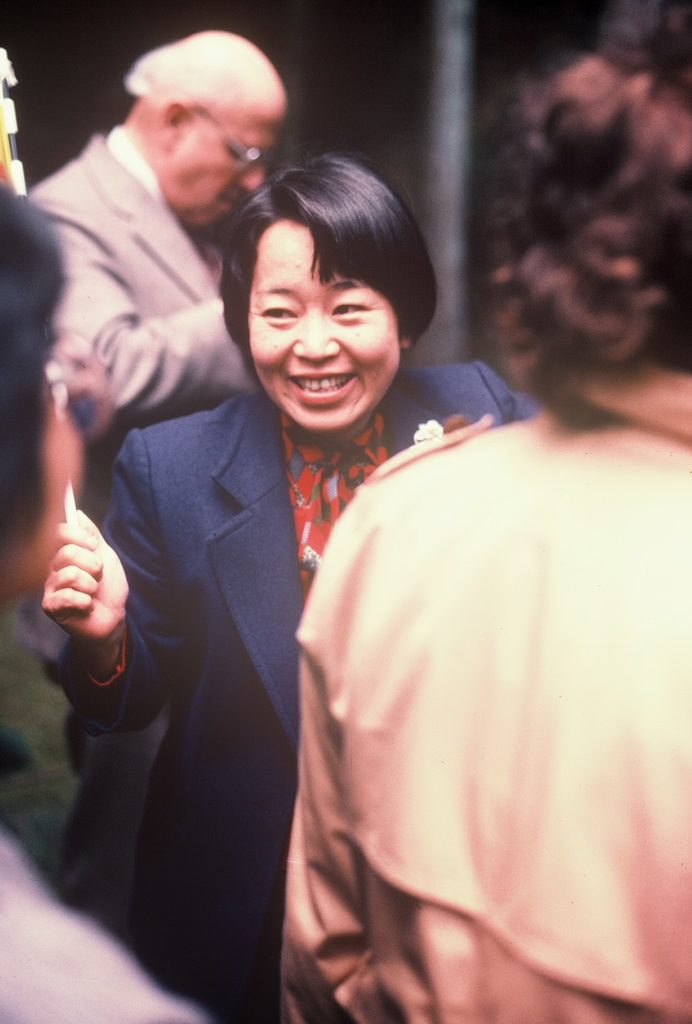
by Martin Brossman
Are you thinking of starting a small business, wondering what it takes to be an entrepreneur? I’ve been self-employed since ‘95. As a success coach, one thing I know for sure is you have to be driven to be self-employed. I wake up every morning understanding time is money and time is the one thing you can not get back.
Being an entrepreneur doesn’t mean jumping off a cliff hoping a parachute will materialize on the way down — there is no wisdom in reckless gambling — entrepreneurship requires wise choices and financial prudence.
My approach to grounded, successful entrepreneurship is “bootstrapping,” where you take small financial risks that you can afford, make specific & measurable goals that you believe in wholeheartedly, lean into your business with “sweat equity,” set solid boundaries with family & the other parts of your life and focus in solid blocks of uninterrupted time on your business.
One example of a small but strategic risk is selling stuff on eBay. Taking carefully calculated steps to make money like this won’t set you back too far if you fail at it, so then you have the financial resources to try something else and you haven’t wasted a lot of time.
When you work for yourself, you’ve got to remember that your time is money. Most people who work at a job disregard their time. Entrepreneurs can’t afford to do that. This fact may require certain conversations with friends and family and even yourself because this fact will never change.
Some people start a business then immediately go on vacation, or they take a lot of breaks during their day-to-day operation. You have to wonder how anything can launch successfully in that kind of atmosphere.
On the other hand, I see plenty of workaholics who are extremely smart & competent but believe everything they do has to be perfect. The toughest job I have is working with a perfectionist who’s transitioning to self-employment because, for them, nothing is ever good enough. They let their need to be perfect rob them of too much valuable time.
I like to use the metaphor of a rocket ship. Imagine the amount of energy it takes to launch a rocket ship into space breaking free of Earth’s gravity. When you launch a business, if you take a break, the rocket ship explodes.
A key lesson to learn from perfectionists is the cost of over-preparedness. I’m not saying it’s wise to jump in unprepared, but there is such a thing as spending too much time and energy on getting prepared.
Before launching a home-based or internet-based business, get clarity on what’s motivating you. Ask yourself, “what am I here for?” and “where will I go when I get knocked down?” You’ve got to keep your motivation high so you’re ready for massive rejection.
One way to keep your motivation up is to reward yourself once you’ve achieved a goal. For example, you might give yourself a night off after reaching some sales milestone. I encourage clients to keep generating rewards constantly to keep their fires burning.
When I’m coaching someone, I think of structures that they can build in their lives that will move them forward so they don’t need me anymore. I want clients to choose to keep working with me, using me as a catalyst to greater levels of success instead of relying on me out of necessity.
I like to create structures for clients that box them in, so to speak, so they move forward in calculated ways. When you’re self-employed, it’s important to set up structures that support your life and your business. You need two key data points:
- The truth, even when it hurts, and
- The motivation to get out of bed every day.
When you have people and structures in your life that will always tell you the painful truths when you need to hear them and people and structures that motivate you when your energy dips, then you have real power in business.
So, what’s going to get you on fire? What’s going to get you to lean into your idea, service or product? What are the constructive ways you can get yourself hungry?
I say that the worst place to stay is your comfort zone. The best way forward is to play to your strengths then use them to push outside your comfort zone. What are your strengths and how do you see yourself extending out from them?
I started working with an artist, for example. During my evaluation of his business, it became clear what was missing was the artist. When I asked him about it, he said, “that’s outside my comfort zone.” I replied, “when our work together is finished, that will be your starting place.”
By playing to your strengths you will eventually make enough money to pay other people to manage your weaknesses. I have an assistant who manages my time. Everyone in my life appreciates her influence. Every time my business breaks down it’s because I tried scheduling something on my own. She provides an invaluable service for my business.
If you have a skill or a passion, use it! Use what you have to make money. I know some artists who make a decent living playing music on the corner. Lauryn Hill got discovered singing in the subway tunnel in New York.
I know a car enthusiast whose car detailing business failed. He used to make a living detailing cars, but when the money dried up he started selling parts on eBay. Now he’s making more money than he was before.
A common sticking point for a lot of people moving from day jobs to self-employment is the belief that they’re not good in sales, or that doing sales is inherently evil. If you believe that, you need to remove it from your mind or you’ll never be successful.
I used to believe that. When I was tech support at IBM, they told me I was great with people and asked why I wasn’t in sales. I was a real smart-ass, I’d say, “I don’t lie and I don’t play golf.”
After I left IBM, I realized I would starve if I didn’t grow up from the little child in me who said, “I don’t do sales.” I had to re-define sales: selling is a service, it’s being of service to others, it’s giving value to others and it is a great honor to do ethical sales.
I invite you to share my definition of sales and drop the old one. The old version allows you to avoid committing to your business and shows a lack of understanding of win-win sales (yes, they do exist!). That old mindset of sales gives you a way to let yourself off easy.
If you have that attitude, you are dodging responsibility, avoiding maturing and not moving forward with your business. Everyone has a cross to bear, everyone has a story. Overcoming your Achilles’ heel brings meaning to your life.
I’m dyslexic. I was put in the retarded class in 4th grade. That was the ugly word we used back then. It was so easy for me to use that excuse, but now I am proud to say I have 4 books out. I stopped giving my power away by blaming someone else.
Lots of people feel justified blaming the pandemic for their failure. A successful entrepreneur stopped asking, “when do we get back to normal?” a long time ago and started asking, “how do I make money in this world as it is right this minute?”
Listen for demand. Listen for needs. Find out where people have a problem that they’re willing to spend money on the solution. Train your ears to this and you’ll train yourself into a successful niche business.
My niche is finding what it takes to make a person unstoppable & locked into their dreams to the point that they can’t wiggle out of them.
If you’re considering self-employment, don’t ask, “can I do it,” ask “what will it take to make this work?” Set time limits on what you’re going to do. Make a full commitment.
Here’s an example: my alma mater’s president got a lot of online complaints regarding the school’s insufficient number of dorm rooms for students. I said, “why not declare that in 3 years you’ll have this solved?” Be willing to say, “I don’t know how this will get done, but we’re moving forward to resolve this and I need everyone’s help.”
Successful entrepreneurs commit in such a way that they’re not afraid to fail. Successful people know that you can be accountable even when you fail. Leadership requires the courage to move forward no matter what — courage is built on the willingness to fail. Courage is the willingness to hit the ground over and over regardless of the outcome.
I see so many young people who have no confidence. Why? Because they haven’t been allowed to fail enough. This is heartbreaking. Let’s get them out in the world taking calculated risks that will give them confidence.
Entrepreneurship is the greatest personal development course you could ever take.


